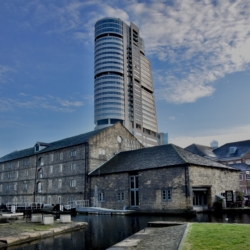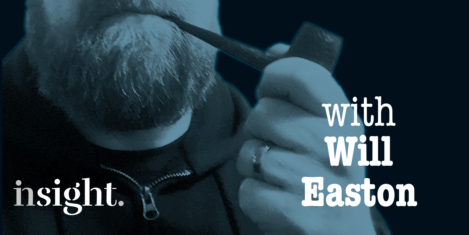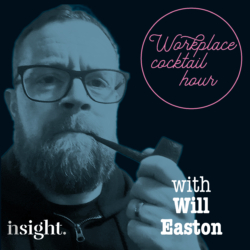June 3, 2024
Forget Cannes. Commercial property sector hits the North to great effect
 An hour or two on the train from that part of the UK that gets talked about most and much better optics for local authorities to chase private investment than the South of France, little wonder the UK’s Real Estate Investment and Infrastructure Forum (UK REiiF) proved so popular this year. Over 13,000 attendees descended on Leeds for three days in May this year, a figure all the more remarkable when considering the event only started in 2022 with nearly 4000 attendees, which it nearly doubled the following year. Back to 2024 then and housing was a strong focus but that’s not to say some interesting stories from the commercial property sector didn’t also arise. (more…)
An hour or two on the train from that part of the UK that gets talked about most and much better optics for local authorities to chase private investment than the South of France, little wonder the UK’s Real Estate Investment and Infrastructure Forum (UK REiiF) proved so popular this year. Over 13,000 attendees descended on Leeds for three days in May this year, a figure all the more remarkable when considering the event only started in 2022 with nearly 4000 attendees, which it nearly doubled the following year. Back to 2024 then and housing was a strong focus but that’s not to say some interesting stories from the commercial property sector didn’t also arise. (more…)


































June 4, 2024
What is the role of a change manager?
by Jennifer Bryan • Comment, JB